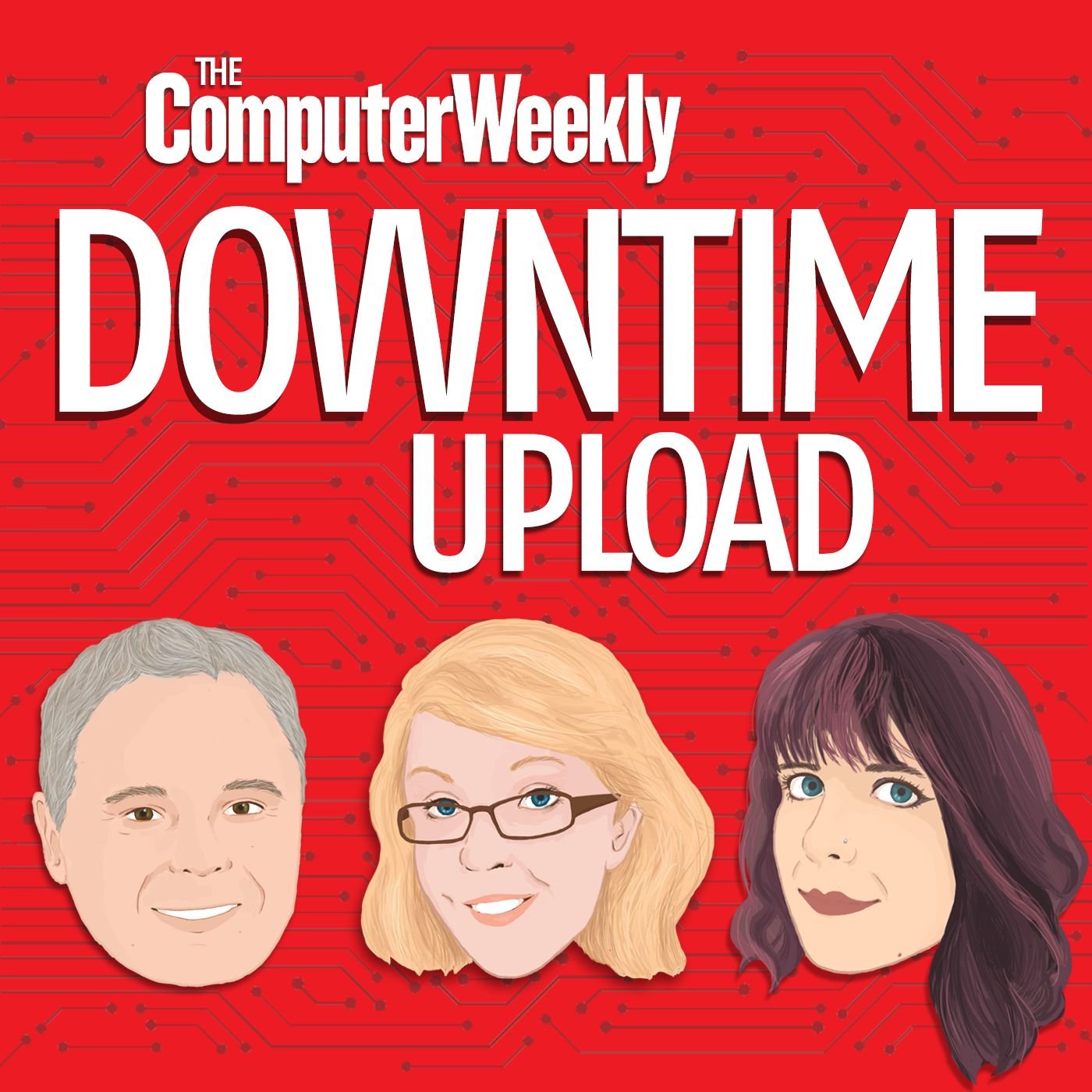
JDaniels
Digital addiction, digital skills – Computer Weekly Downtime Upload podcast

In this week’s episode of the Computer Weekly Downtime Upload podcast, Caroline Donnelly, Clare McDonald and Brian McKenna discuss digital addiction and business software, digital skills and how Barnardo’s benefited from digital transformation
In this week’s episode of the Computer Weekly Downtime Upload podcast, Caroline Donnelly, Clare McDonald and Brian McKenna discuss digital addiction and business software, digital skills in the context of the Covid-19 lockdown, and how Barnardo’s has benefited from digital transformation.
Following some chit-chat about masks on the day (Friday 24 July) that England started masking up in shops, and other places, the team gets down to business.
Brian gets the episode going with a discourse on digital addiction, based around a feature by Steven Mathieson, How business software can stay clear of digital addiction.
Executives at business IT suppliers, he says, often regret that their products are not as beguiling as consumer IT ones. But should B2B aspire to emulate the digital addiction deliberately encoded into computer games and smartphones? Companies, especially more traditional ones, worry about losing talented millennial employees to competitors which can offer them better kit, better software, better in-house snacks. But should they?
Brian gives the example of traditional business intelligence software. It is often lamented that this is used by insufficient numbers of people who should use it in organisations, but is the more attractive generation of data visualisation software (cf Qlik and Tableau) just possibly a bit too attractive, from an employee productivity point of view?
Steven’s wider ranging features addresses this set of questions and issues, drawing parallels between digital addiction and addiction to drugs and alcohol. It also looks at the advantages and disadvantages of gamification, especially with respect to HR software.
Caroline and Clare both comment on the importance of culture over technology, which cannot be simplistically blamed for breeding addiction, even though social media does draw you in with the promise of external validation, and gaming can offer escape.
The team also talks a bit about gamification in HR software, and how culture will tend to win out anyway.
Another point raised is that business software should eschew being too attractive lest it damage productivity. There are no hard and fast answers here, but it is clear that striking a balance in business software between user friendliness and user seduction needs to be struck.
But perhaps fretting about digital addiction is a “digital haves” phenomenon when so many do not have digital skills at all?
Clare moves the discussion on to a story about lockdown sparking interest in digital skills among a significant majority of UK adults. There was also an update on an earlier story about a parliamentary group inviting evidence about how lockdown had affected digital skills, which was discussed in the podcast episode published on 23 June.
Clare reports that 30% of adults surveyed by TechUK, Ipsos MORI and Cisco are more confident in their use of technology precisely because of lockdown.
Digital skills are more than ever a requirement for jobs, regardless of sector, says Clare. And there is a particular concern with regard to young people, who are in real danger of unemployment post-pandemic.
Nevertheless, the crisis has, by sheer necessity, sped up interest in acquiring digital skills.
The phrase “digital transformation” is common in the IT industry, to the point of being a cliché. But sometimes it means something worthwhile.
Caroline next speaks on the podcast about a “tech for good” story concerning how a digital transformation enabled the 150-plus-year-old charity Barnardo’s cope better during the Covid-19 pandemic crisis.
The charity, notes Caroline, has credited an earlier migration to Google’s off-premise portfolio of productivity tools as being critical in its work to support vulnerable children across the UK during the Covid-19 coronavirus pandemic.
Video conferencing has come into its own during the crisis – a subject discussed in previous podcasts – and it has proved its value again with Barnardo’s, in terms of keeping people connected. That’s both in relation to the charity’s staff and to the services they provide for vulnerable children.
In this case, it has been Google Meet that has enabled the connecting, and Google Cloud published a blog by Trevor Lawson, its transformation engagement lead, detailing its work for the charity, which has gone from a few hundred video calls per month pre-lockdown to some 5,000.
All this has been especially important for helping with consistency of relationship between Barnardo’s and the children for whom it cares.
Caroline sums up: “It shows the important role that digital technology has played in keeping people sane, healthy and happy during lockdown.”
The team closes the podcast by noting how accidentally cohesive it turned out to be. However, the listeners will be the judge of that.
Listeners can subscribe to the Computer Weekly Downtime Upload Podcast on iTunes.
Podcast music courtesy of Joseph McDade


